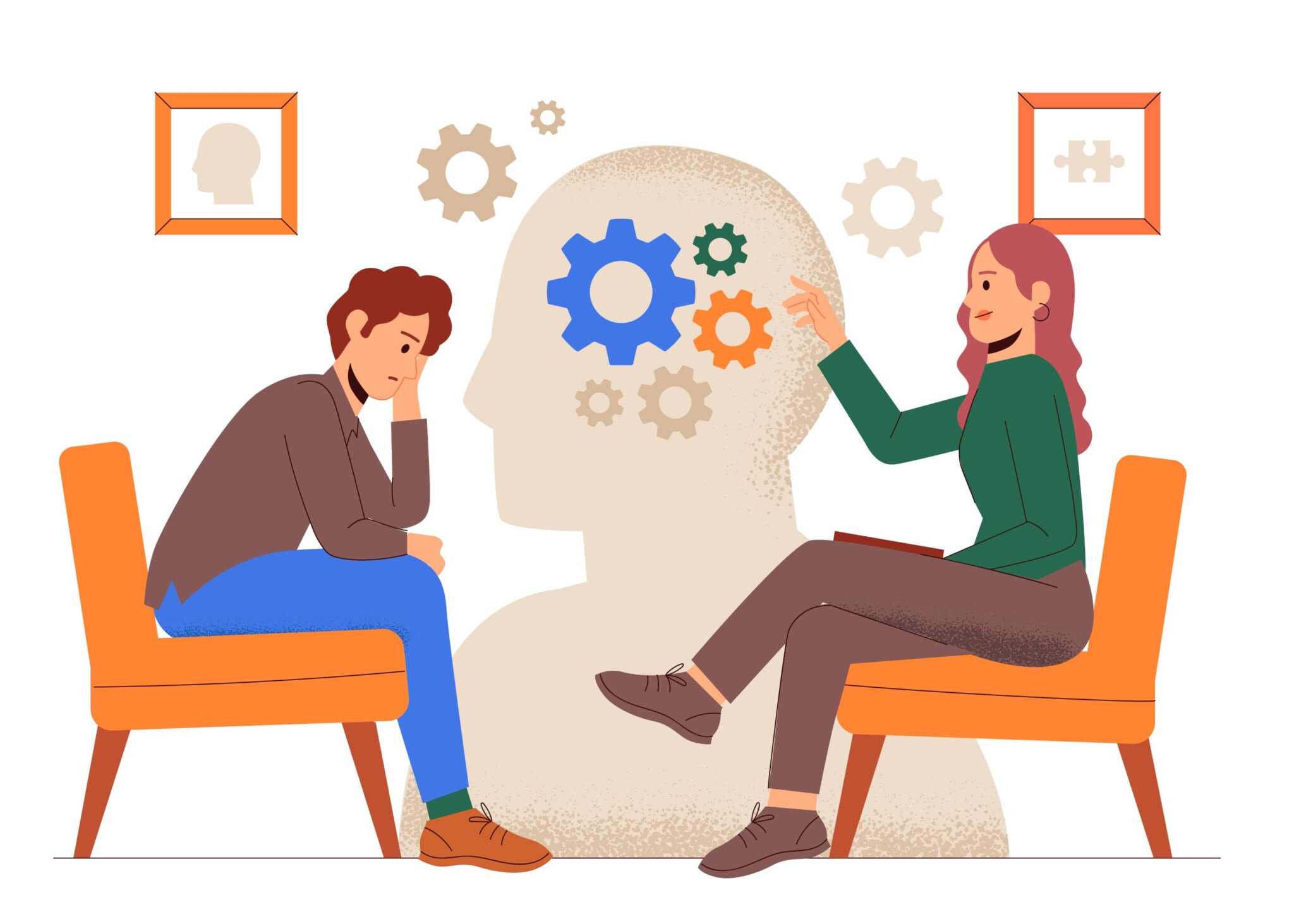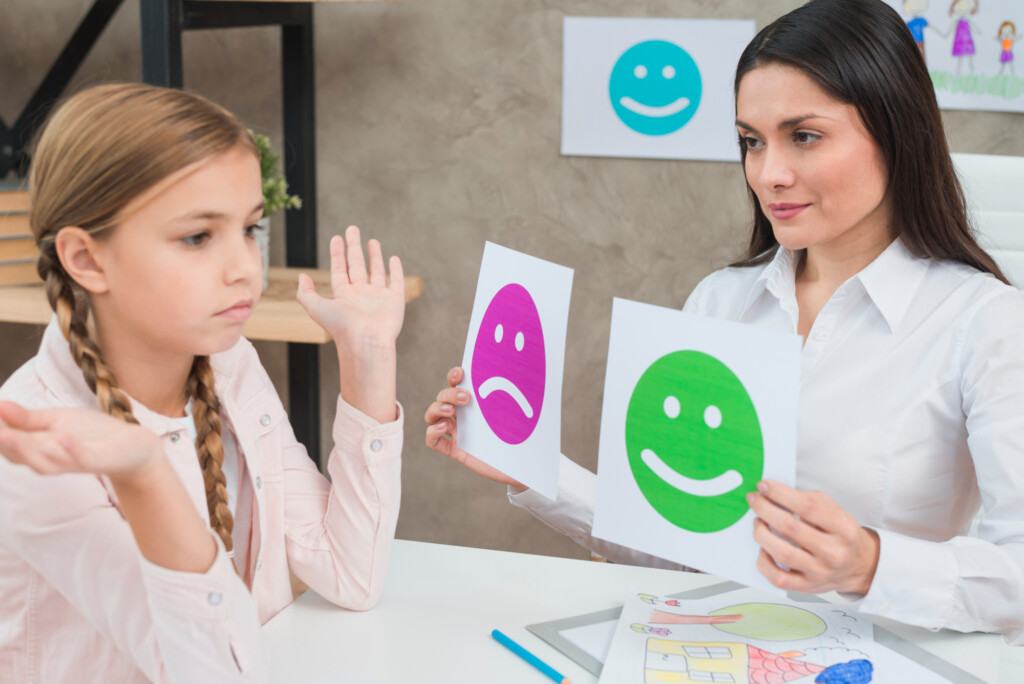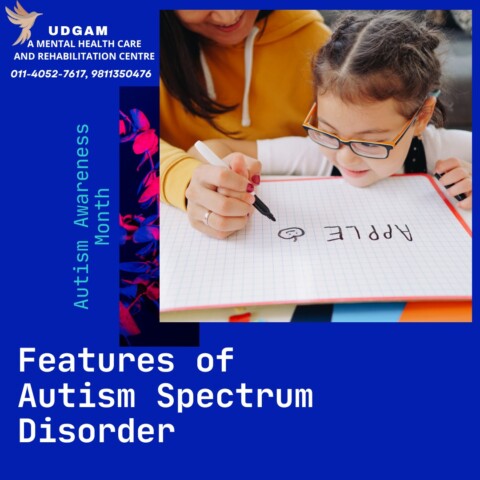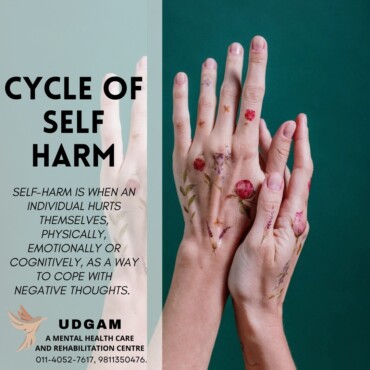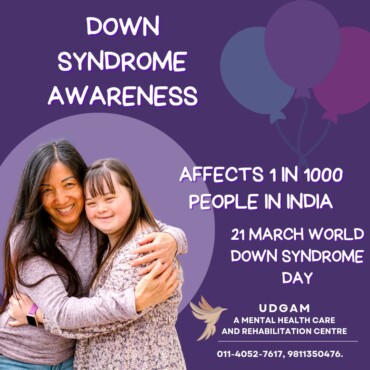8. Functional Independence: The ultimate goal of pediatric OT is to help children become as functionally independent as possible in their daily lives. This may involve improving self-care skills, school performance, social interactions, and overall quality of life.
9. Early Intervention: Early intervention is a critical component of pediatric OT. Identifying and addressing developmental challenges early can lead to better outcomes and improved long-term functioning for children.
Use of Occupational Therapy - OT
The use of occupational therapy in rehabilitation of children with developmental delays. OT is recommended for kids with; 1. Developmental disorders, 2. Poor attention, 3. Hyperactivity, Restlessness, 4. Dysgraphia or poor handwriting, 5. Poor muscle strength, 6. Poor Balance, 7. Hypersensitivity and hyposensitivity, 8. ADHD, 9. Compromised motor skills.
Activities in Occupational Therapy
Given below are some activities that are used in OT to help children learn new skills or strengthen any deficits. Sensory Diet is an important concept when it comes to planning a session for a child. 1. Deep massage, 2. Weighted blanket or pillow, 3. Gentle rocking movements, 4. Stimulating toys to engage the mind, 5. Sit in a room without harsh lights and noise, 6. Basic yoga to get excess energy out, 7. Swinging with a slower speed, 8. light dancing, 9. Light Music and other activities.
Pediatric Occupational Therapy plays a crucial role in helping children with a wide range of challenges to develop the skills they need to succeed in life. It is a holistic approach that considers the physical, cognitive, emotional, and environmental factors that influence a child's development and participation in daily activities. to know more about child occupational therapy follow our website click here.
